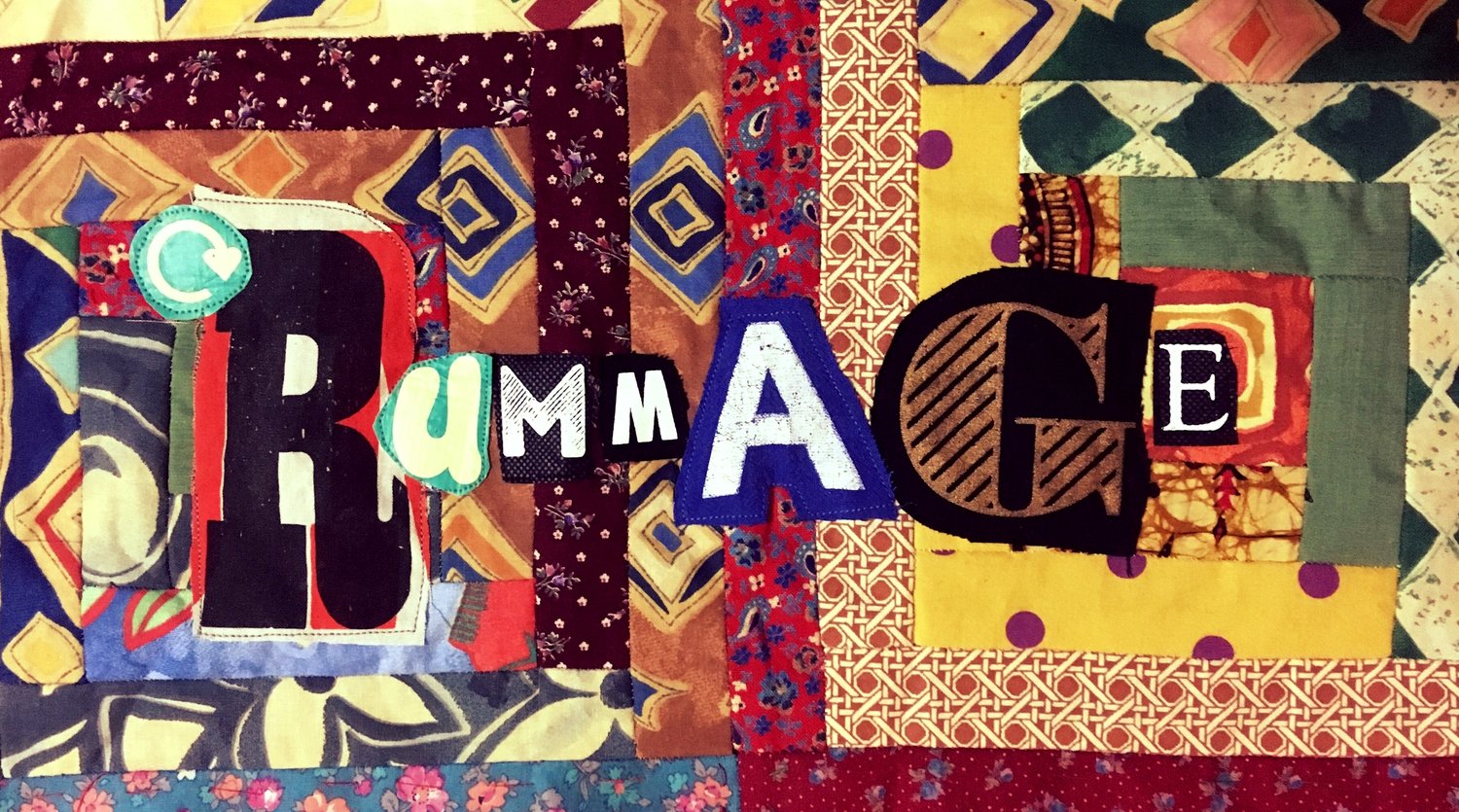“Emily Cockayne, one of the leading social historians of our times, has written a truly original history of anonymous letter writing. With her unparalleled skills of exploration and empathy, she has provided a brilliant and beautifully written account of neglected phenomenon in all its social complexity.”—Emma Griffin, President of the Royal Historical Society
“As Emily Cockayne shows in this fascinating history, harassment by anonymous letters has often escalated into criminal proceedings in Britain. Cockayne has an eye for the telling details of everyday life, and her sensitivity to motive and human frailty allows her to see things that the detectives who investigated these cases in the nineteenth and early twentieth centuries missed.”—Christopher Hilliard, author of The Littlehampton Libels: A Miscarriage of Justice and a Mystery about Words in 1920s England
“Brilliantly original and deeply researched … shimmering … [Cockayne’s] methodology is about much more than simply heaping up bits and pieces of the past to create a dazzling bricolage. What binds this book together and gives it a numinous quality is the tenderness that the author displays for other people’s ingenious leftovers, from brotherly teeth to Puritan kites.”—The Guardian
"The word rummage, with all its pleasurable connotations of chance, lucky dip and thrift, couldn’t be bettered as a title for Emily Cockayne’s new book. Both intricately and widely researched, the big picture always illustrated with the telling detail, it is a fascinating historical compendium of the cumbersome detritus of everyday life and how we dispose of it, reuse it and manage it.”—Literary Review
“A really extraordinary book.”—Toni Morrison
"This book inhabits a grubby and squalid world, truffling out details that are vivid, colourful and sometimes downright nauseous. It's a veritable feast of filth and foulness, and I loved every minute of it." —Christopher Hart, Literary Review
"Cockayne's prose is fluid, making this work an enjoyable read for a broad audience. For the seasoned scholar her research into the crude and disgusting is an important thematic counterpoint to focus on more refined aesthetics. . . . an essential addition to the histories of the environment and the senses."—Matthew Milner, Journal of British Studies
“Vivid and absorbing ... like all good history, it leaves the reader wanting to know more.”
—The New Statesman
”Intelligent, instructive and brightly funny.”
—The Times
”A lively study of neighbourly relations.”
—The Sunday Telegraph
“A fine book packed with generosity, rivalry, misbehaviour, snobbery, love, murder and politics.”
—The Herald




